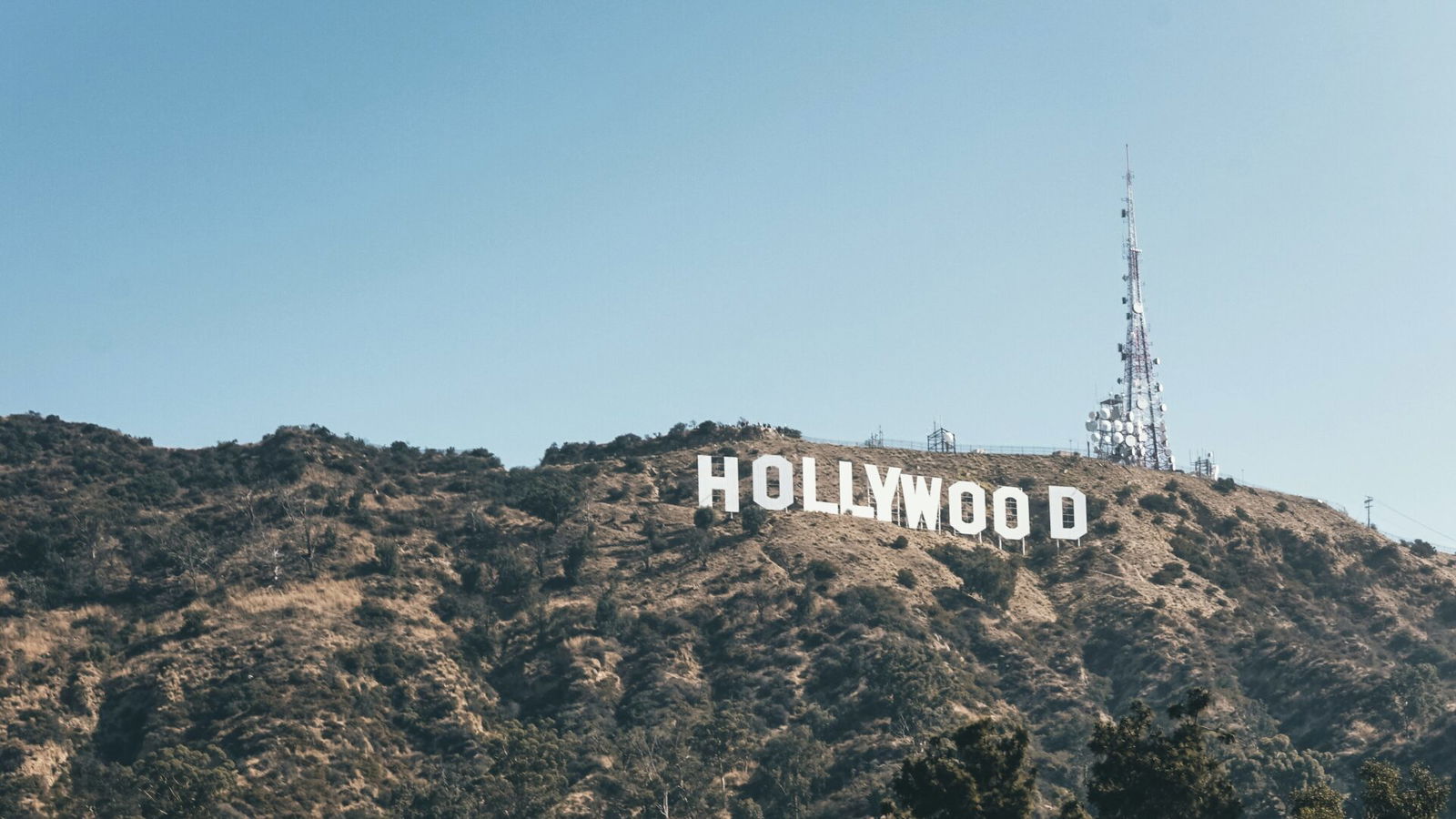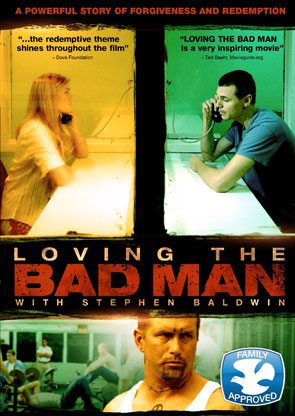
AI is Splitting Hollywood — Here’s Why
By Movieguide® Contributor
As the strength and capabilities of AI tools grow, Hollywood is split between those embracing the technology and those who fear the impact it may have on the industry.
As illustrated by last year’s dual strikes, the majority of writers and actors in the industry feel the need to protect themselves from the damage that AI can cause. They fear that the studios will phase them out by replacing them with AI to lower the cost of production. Actors and writers are particularly nervous for future creatives who, they worry, will be unable to receive the invaluable starting experience needed to succeed in the industry if the easier, more menial tasks are cut out by AI.
“AI can create a convincing simulation of a human actor, and the tech is improving at an alarming rate,” former FAMILY TIES star Justin Bateman told Variety during last year’s strikes. “I stress that this is an existential threat, and if they can do this with actors, they can do it with writers, directors, cinematographers – everyone. We’ll be replaced with Frankenstein spoonfuls of our own work.”
Others, however, believe the emerging technology will become an incredibly powerful tool for the industry that will only enable creatives to better execute their vision.
“We’re creatures of habit,” said director Antoine Fuqua. “I remember when I started in videos and commercials, I shot on film. Digital was a thing we all kicked and screamed about. Turns out, it’s fantastic. It’s another paintbrush we can use to do our work. AI’s the same thing.”
“[AI] doesn’t replace human feelings and human emotions,” he continued, explaining why he doesn’t believe the tool will upset the industry’s job security. “There’s things that con only happen in the moment with another human being that no computer can ever achieve.”
While a select number of creatives are embracing the technology, executives are the main members of the industry currently lauding its potential. Contrary to what their naysayers claim, they are excited about its potential to aid the creative process, rather than viewing it as a means to save costs.
“[AI] is going to generate a great set of creator tools, a great way for creators to tell better stories…there’s a better business and a bigger business in making content 10 percent better than it is making it 50 percent cheaper,” said Netflix co-CEO Ted Sarandos on a recent earnings call.
The viewpoint held by both sides will certainly play a role in how the technology is adopted by the industry in the future, however, the final fate of AI will come from Congress.
Last November, President Biden signaled how serious he was about the topic when he signed an Executive Order that provided widespread guidelines for the use of the technology. Furthermore, lawmakers continue to work on more robust regulations — a process that began last summer when they invited top AI researchers, such as OpenAI founder and CEO Sam Altman, to testify before them.
Where the future of the technology lies, however, remains unknown. As many clamor for the power to be in the hands of the creatives, others argue the current laws are already too strict, particularly when it comes to copyright law.
Projects created by AI are currently ineligible to be copyrighted because they are not created by humans. Some, however, argue this overlooks the human agency and creativity needed to effectively work the tool to generate a favorable output.
Nonetheless, the path ahead for AI could end in a variety of ways, and its future, both inside and outside of Hollywood, depends on the key decisions made in the upcoming years.
Movieguide® previously reported on AI:
A recent study found that using artificial intelligence is becoming commonplace among U.S. adults.
A 2022 survey from Pew Research found that “a larger share of Americans say they are ‘more concerned than excited’ by the increased use of AI in daily life than say the opposite.”
However, despite limited enthusiasm for the tech a few years ago, Barna Group and Gloo found that “31 percent of U.S. adults say they use AI weekly or daily. Millennials have become especially frequent adopters, with 43 percent of them using AI at least weekly.”
Young adults are more likely to use AI compared to older adults.
Per Barna, “Millennials and Gen Z use AI most frequently in their personal lives, with over half (54%) of both groups using the technology ‘often’ or ‘sometimes.’ Meanwhile, older generations are far less likely to embrace AI (82% of Boomers and 91% of Elders say they use AI ‘not very much’ or ‘not at all’).”
Systems like ChatGPT, Siri, Alexa and others make it even easier to implement AI into daily life. Many find themselves using the tech to get answers to questions like, “How many points did Michael Jordan have in his career?”
Questions or comments? Please write to us here.


 - Content:
- Content: 
 – Content:
– Content: 